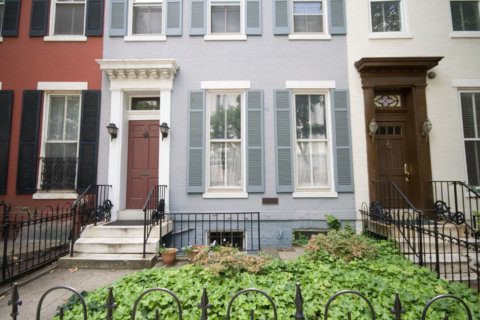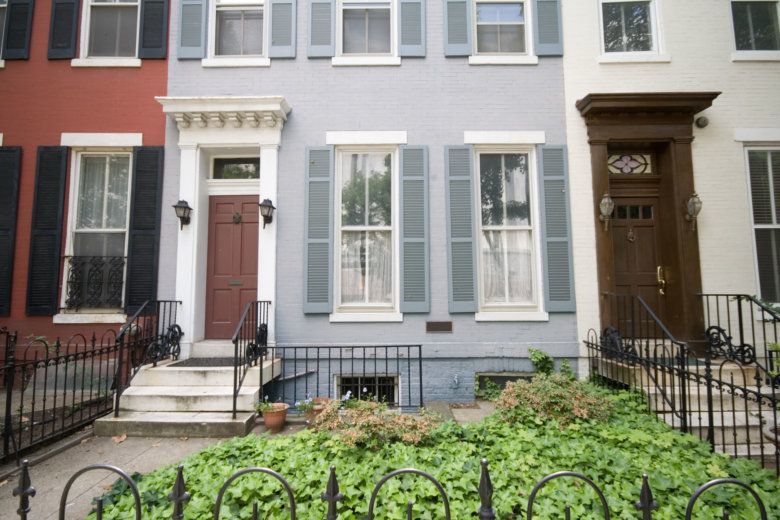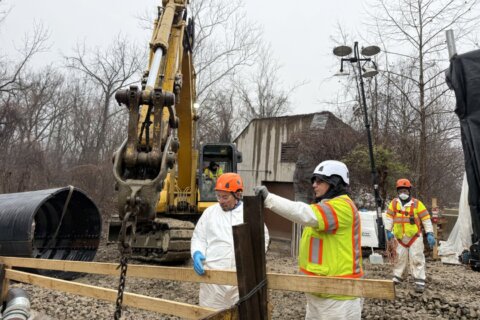
Major changes are coming to single-family-home neighborhoods in Montgomery County, Maryland.
The county council voted unanimously Tuesday to overhaul the zoning laws in order to expand development of Accessory Dwelling Units (ADUs) — including granny flats and English basements.
“We’re doing this because this is increasingly a way families want to live,” said Councilman At-Large Hans Riemer, the chief sponsor of the bill.
“They want to live in proximity to one another … adult children want to be able to live with their parents or grandparents. Families want to be able to invite grandparents or adult children to live with them or to take in a renter,” said Riemer.
The zoning changes will liberalize the standards for attached and detached accessory dwelling units. Some of the changes will allow detached accessory apartments in residential neighborhoods where they are currently banned. Apartments will also be permitted in a home’s basement.
The measure removes a distance requirement between ADUs, which are currently separated by 500 feet in large lots and 300 feet in smaller lots.
The new zoning rules will allow a separate entrance for an attached ADU on any side of the dwelling.
“There are so many families in our county that are struggling with the high cost of housing,” Riemer said.
“People are being priced out, shut out,” he said, promising the measure will be a tool to boost affordable housing in Montgomery County.
Council President Nancy Navarro agreed that expanding accessory apartments in county neighborhoods — long dominated by single-family dwellings — will help boost affordable housing and benefit families.
“There are millennials who just graduated from college … who can’t afford to live in the county; retirees are looking for ways to live in the county, or in-laws that may want to come. This is just one option for that,” Navarro said.
Critics have complained about the potential for parking problems, increase stormwater runoff and overcrowded schools.
“We’ve heard from many that they are opposed to having this type of housing in the county,” Riemer conceded. He thanked his fellow council members for standing up to the opposition, some of which he branded “voices of exclusion.”
“This is not going to fundamentally change the character of the neighborhoods in this county as some have asserted. It will be a tailored and practical improvement,” Riemer said.
In May, County Executive Mark Elrich expressed doubt that the zoning changes are right for the county.
Elrich wrote in a letter to residents that while he supports the development of more ADUs, he questions whether what’s been put forward “provides the right framework for addressing our housing needs while maintaining the quality of life that has attracted so many people to our single-family neighborhoods.”









